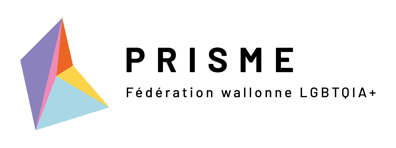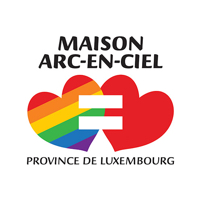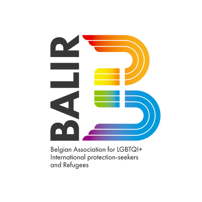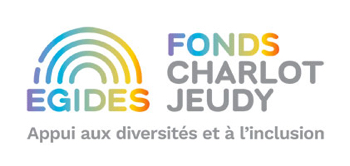

While Brazil ranks among the highest in the world for LGBTQIA+ rights, challenges persist. The same-gender couples have had legal rights, including marriage since 2013, and discrimination based on SOGIESC is prohibited despite that, there are some limited legal protections. The same-gender relationship is legal and the equal age of consent is 14 since 1830. There are anti-discriminations laws covering gender identity in all areas. In 2019, Brazil's Supreme Court criminalised queerphobia. Transgender individuals can legally change their gender and name on official documents without the need for gender affirmation surgery or hormonal treatment requirements. Transgender individuals in Brazil, and more particularly transvestites, face limited job opportunities and often resort to sex work. They receive little support from mainstream LGBTQIA+ groups. The public health system provides free gender affirmation surgery, with specific requirements and evaluations. Transgender individuals are allowed to run in elections under their preferred name. Despite progress in protecting LGBTQIA+ rights, and prohibiting discrimination, a federal anti-discrimination law is pending, and challenges remain. Many cases of violence are unpunished, and there is a lack of support services for LGBTQIA+ victims of violence. Same-gender couples have been able to adopt in Brazil since 2010, prioritising the child's best interests. These equal adoption rights regardless of age or gender, marked a significant legal and social advancement. Conversion therapy to change a person's sexual orientation or gender identity is still legal, despite efforts to ban the practice. LGBTQIA+ individuals are not prohibited from serving in the Brazilian Armed Forces, as sexual orientation and gender identity do not pose obstacles to entry, although all sexual acts are disallowed within the military. Conversion therapy was initially allowed by a federal judge in Brazil but later banned by the Federal Psychology Council and the Federal Supreme Court, with the practice remaining forbidden. Gay and bisexual men are allowed to donate blood under equal terms as heterosexual men.

Brazil has a predominantly Catholic religiously and culturally conservative society and is extremely violent. Despite advancements in LGBTQIA+ rights in Brazil, queer individuals still face remarkable discrimination, stigma, harassment, and violence in society. The country faces significant levels of violence and discrimination against the LGBTQIA+ communities having the highest reported LGBTQIA+ murder rate globally. Brazil also experienced its highest homicide rate in history during the same period and at least 1,200 LGBTQIA+ were killed in Brazil alone in a decade. Transgender individuals are vulnerable individuals facing bullying and harassment, both in person and online and Brazil is one of the most dangerous countries in the world for transgender people. Despite these challenges, public opinion regarding the acceptance of homosexuality has been steadily increasing, with a significant majority of Brazilians supporting the acceptance of LGBTQIA+ individuals in society. According to a survey in 2022, the percentage of Brazilians' acceptance of homosexuality had increased from 64% in 2014 to 79% in 2022.

There are several LGBTQIA+ organisations working to promote equality and combat discrimination and violence. Also, there are many pro-LGBTQIA+ political parties in Brazil such as Socialism and Liberty Party, the Workers' Party, and the Communist Party of Brazil.
Here are some notable organisations:

LGBTQIA+ individuals in Brazil, particularly transgender or non-binary people, often face displacement that can be within the country (homelessness or migration within the country) or emigration to other countries. Large cities in Brazil, such as São Paulo, Rio de Janeiro, and Salvador, attract a significant influx of MSM from other parts of the country seeking increased liberty, independence, and entertainment options. In recent years, there has been an increase in the number of LGBTQIA+ individuals from Brazil seeking asylum in countries such as Canada, the US, and Europe.




[1] https://www.opendemocracy.net/en/democraciaabierta/violencia-anti-lgbtq-brasil-en/
[2] https://pulitzercenter.org/stories/brazil-continues-be-country-largest-number-trans-people-killed
[3] https://en.wikipedia.org/wiki/LGBT_rights_in_Brazil
[4] https://www.equaldex.com/region/brazil
[5] https://www.reuters.com/article/us-brazil-lgbt-murders-trfn-idUSKBN25Z31O